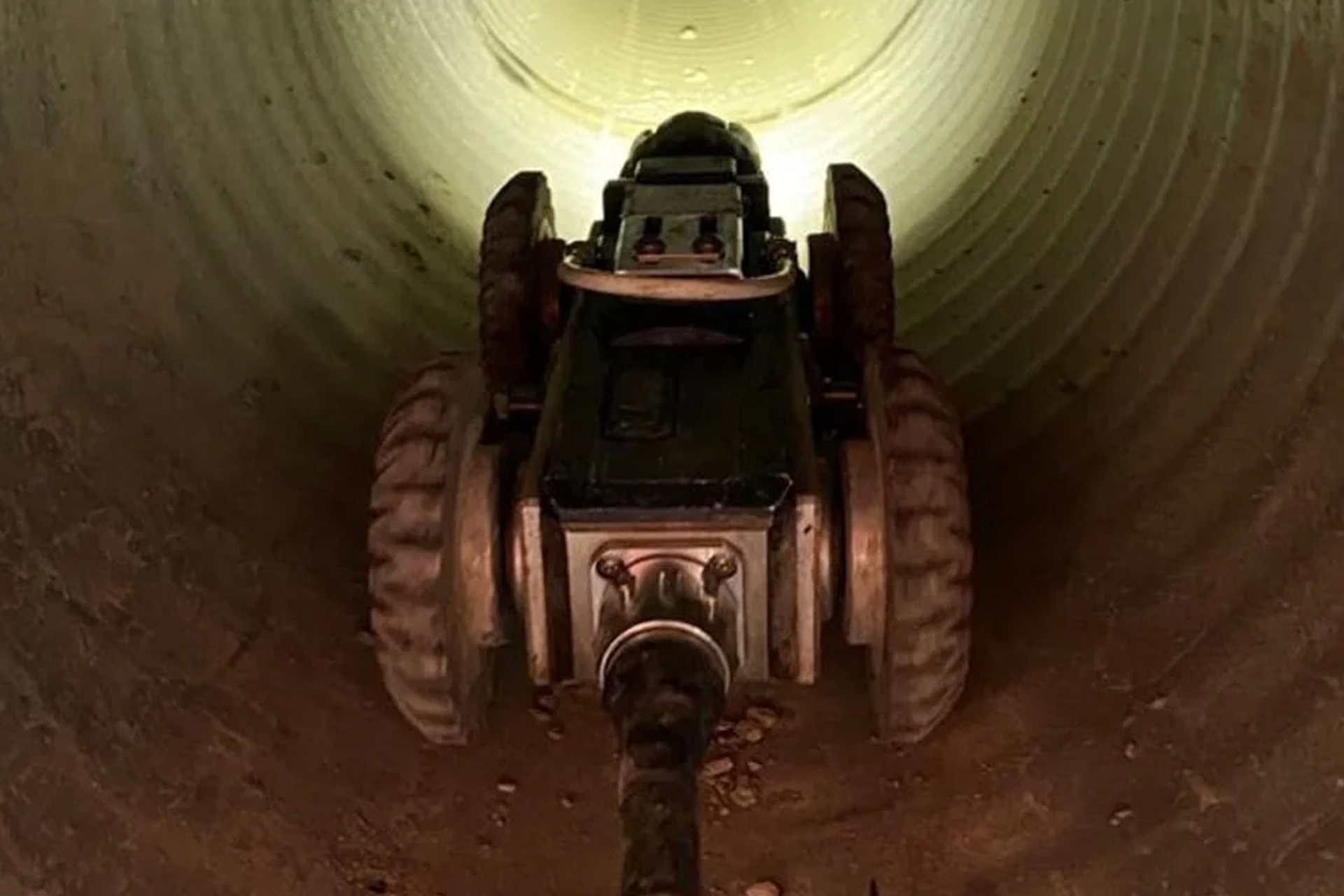The 3-Minute Rule for Reclaim Waste
The 3-Minute Rule for Reclaim Waste
Blog Article
Get This Report on Reclaim Waste
Table of ContentsExcitement About Reclaim WasteNot known Factual Statements About Reclaim Waste 5 Easy Facts About Reclaim Waste ShownThe Basic Principles Of Reclaim Waste The Reclaim Waste Statements
Via appropriate fluid waste management, companies can lower energy-intensive therapy procedures and disposal expenses. By adhering to a system for managing liquid waste, business can prevent pricey fines and charges and stay clear of negative publicity.(https://www.pageorama.com/?p=reclaimwaste1)Accumulate depictive examples from numerous factors within the waste stream to ensure accuracy. Liquid waste, especially harmful ones, postures substantial risks during this action.

Disinfection (e.g., chlorination, ultraviolet light, ozonation) and nutrient elimination (e.g., denitrification and phosphorus obliteration) are suggested under rigid policies. Numerous firms breached several liquid waste disposal laws in current years.
Reclaim Waste - The Facts

are made use of by markets that generate large quantities of low-toxicity liquid waste. Shallow containers have fluid waste that is enabled to vaporize with natural procedures. The deposit left can be thrown away in garbage dumps. entails melting fluid waste at heats and converting it right into gas and ash. This type of disposal goes through rigorous environmental guidelines as a result of possibly dangerous emissions.
The findings ought to be documented, evaluated, and saved not simply for submission to governing authorities however also for making renovations in the future. Share info with relevant stakeholders (e.g., staff members, regulatory government companies, and close-by areas) to maintain transparency and accountability.
Despite the firm dimension or sector, there are numerous challenges related to this task. Comprehending these can aid them successfully manage their operations and minimize their ecological impact. makes it tough to deal with and dispose of fluid waste safely. Firms that can't invest in facilities must take into consideration collaborating with the general public field for far better services.
Fascination About Reclaim Waste
By implementing detailed monitoring systems that include therapy and recycling methods, normal monitoring, danger analyses, and adherence to neighborhood and government policies, industrial centers can add to the defense of groundwater materials, guaranteeing their schedule for future generations (liquid waste disposal). Allow's explore the value of reliable fluid waste management in the commercial field, concentrating on its implications for guarding groundwater resources
The air pollution of groundwater resources as a result of improper liquid waste administration in the industrial market has far-reaching effects for human health and wellness, farming, and the environment all at once. Several of the potential effects triggered by such pollution include: Infected Alcohol consumption Water Products: As groundwater provides a substantial part of our drinking water, pollution from industrial tasks can result in unsafe chemicals and microorganisms entering our water systems, presenting health and wellness threats for humans.
Decreased Agricultural Efficiency: Farming relies greatly on groundwater for watering; consequently, contaminated water can hinder crop returns, contaminate farming items, and influence food safety. Offered the importance of protecting groundwater sources, it is essential for services to take an aggressive position in handling their liquid waste responsibly and preventing air pollution.
The Greatest Guide To Reclaim Waste
Liquid waste can pollute land and pollute waters. Under the Protection of the Setting Procedures Act 1997, companies that create fluid waste are needed to handle it in such a way that safeguards the setting and the neighborhood. Details about taking care of and storing liquid waste, responding to spills and lowering liquid waste is available in the complying with truth sheets and advice:.
The function of waste monitoring professionals in guarding this precious resource can not be overstated. Contaminated water and infected effluent administration: Guaranteeing that harmful fluids are safely removed and treated before they can hurt our water sources.
Therefore, integrating sustainable liquid waste administration into financial planning enhances economic security and safeguards the atmosphere, showing the value of this method. In final thought, adopting professional fluid waste management techniques is critical for ensuring a lasting future, securing our setting and securing the health of future generations.
When it concerns throwing away waste, adhering to proper procedures is important for a multitude of factors. Appropriate waste disposal is not practically sanitation; it has to do with guaranteeing the wellness of our setting, health, and the efficient use sources. Comprehending the significance of effective waste monitoring can help us all add to a much healthier, cleaner planet.
A Biased View of Reclaim Waste
Efficient Visit Your URL waste monitoring assists keep tidy roads and public areas, minimizing the visual influence of litter and ensuring that waste does not harm wild animals. When waste is not thrown away effectively, it can bring about contamination, where unsafe substances can leach right into the soil, water supply, and the air, creating lasting ecological problems.
Report this page